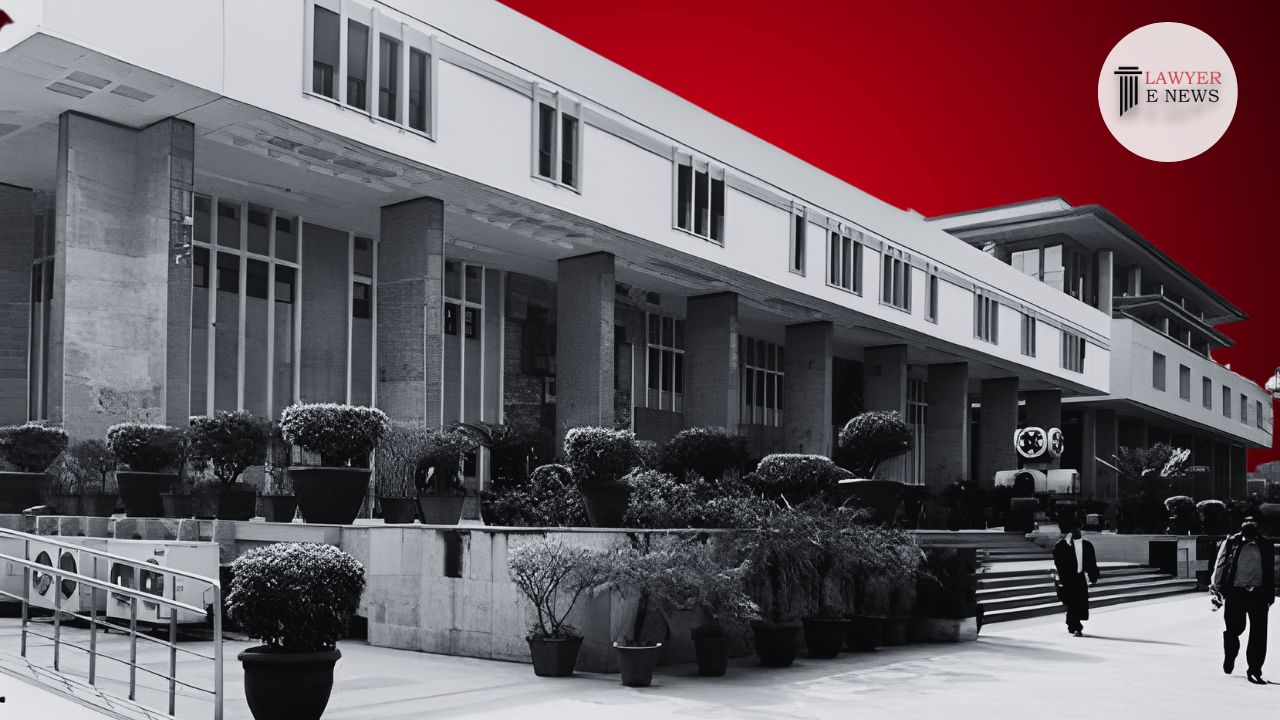-
by Admin
15 February 2026 5:01 PM



In a landmark judgment, the Delhi High Court rejected the plea seeking special police protocols for pardanashin women. Justice Swarana Kanta Sharma emphasized the need for justice-driven decisions, affirming the universal applicability of Article 21 irrespective of religious customs like pardah.
The petitioner, Reshma, had sought directives for police sensitization in handling women observing pardah, under the claim of fundamental rights protection.
The crux of the petition involved evaluating whether the police’s legal framework sufficiently respected pardanashin women’s customs, and whether additional protocols were necessary. The Court concluded that existing legal safeguards were adequate and emphasizing extra procedural requirements could undermine police effectiveness in critical situations.
The judgment clarified that the legal concept of a pardanashin woman historically referred to women living in seclusion, unacquainted with worldly matters, and not necessarily linked to religious practices. The Court noted the evolution of women’s societal role, rendering the concept less relevant in modern urban contexts.
The Court held that the right to dignity under Article 21 of the Constitution extends universally, irrespective of religious practices like pardah. It also stated that religious rights under Article 25 are subject to public order and security considerations.
Justice Sharma highlighted the impracticality and potential hazard of imposing additional protocols on police, especially in urgent situations. The judgment emphasized the need for police to balance cultural sensitivity with public safety and efficient law enforcement.
The Court underlined that directives must be driven by justice, not faith, and any additional directive could be misused, obstructing police work. The judgment also recognized the need for legal restrictions on police investigations to balance societal safety with individual rights.
Petitioner’s request for specific police sensitization directives was dismissed, citing sufficiency of existing legal frameworks and the impracticality of additional directives.
Decision Date: March 1, 2024
Reshma vs. The Commissioner of Police
